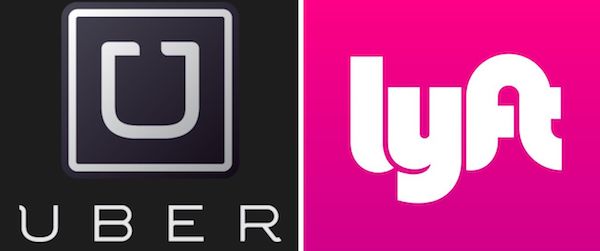
B.C. Introduces Ride-Hailing Legislation, Paving Way for Uber/Lyft in Late 2019
As promised, the B.C. government introduced ride-hailing legislation today, which will allow for companies such as Uber or Lyft to enter the province next year, if requirements are met.
“This is milestone legislation that gets ride-hailing right for B.C.,” said Claire Trevena, Minister of Transportation and Infrastructure, in a press release. “British Columbians absolutely want more options and flexibility in how they get around, but with checks in place to make sure their ride is a safe one.”
The Passenger Transportation Amendment Act tabled today, if passed, will enable ICBC to develop a new insurance product for ride-hailing for fall of 2019, explains the government, while also bring “a new, data-driven approach to improve taxi service and ride-hailing opportunities, particularly at high-demand locations and peak times, by strengthening the Passenger Transportation Board’s authority to determine fares, vehicle supply and operating areas.”
The suggested changes will also ensure passengers are not left stranded when traveling from one city to another, while a new per-trip fee will be added to “fund more accessibility options for people with disabilities.”
The government says stiffer penalties of up to $100,000 could be enforced for taxi and ride-hailing companies breaking the law.
And of course, a “new, legislative committee will review these changes as regulations are put in place to make sure government is on the right track with modern, safe taxi and ride-hailing service.”
The new Passenger Transportation Amendment Act will require taxi and ride-hailing drivers to maintain a Class 4 passenger license (drive up to 10 people) and mandatory criminal record checks. Currently, Class 5 licenses are used by regular drivers on the road.
“We commend the Government of British Columbia for using a data-driven approach and for expanding the Passenger Transportation Board’s authority to determine fares and prevent the kind of price-gouging we have seen done by some international players,” said TappCar spokesperson Pascal Ryffel in an email to iPhone in Canada. “TappCar is a proud Canadian company with headquarters in Canada. We employ Canadians and we pay taxes in Canada. By leveling the playing field, TappCar, and other local rideshare companies, will be able to compete with the international players.”
The NDP government says they expect applications from companies such as Uber and Lyft to be submitted by the fall of 2019 to the Passenger Transportation Board (PTB).
There’s no word on how long it will take to process these applications, which means at least a year’s wait for Uber or Lyft to set foot in B.C. How much longer can you wait to try Uber or Lyft in the province?


